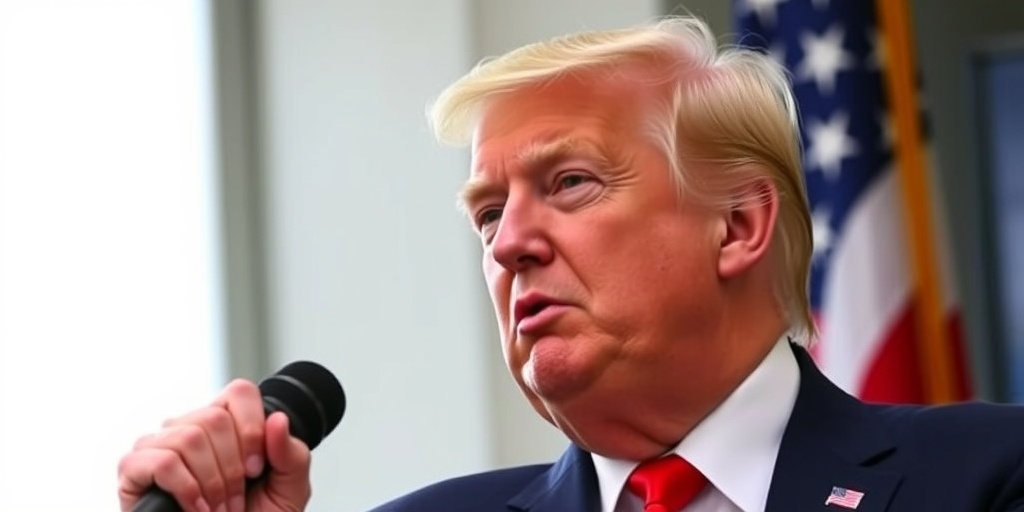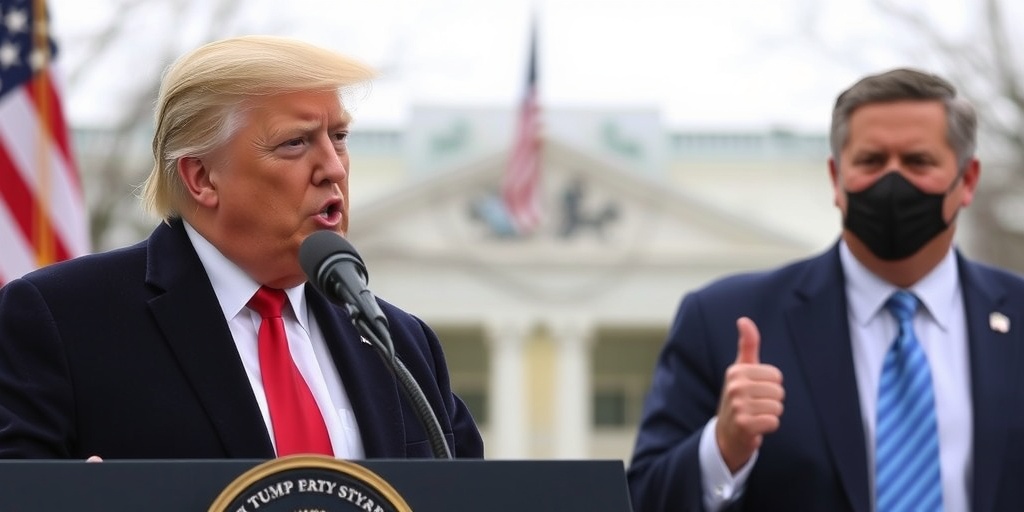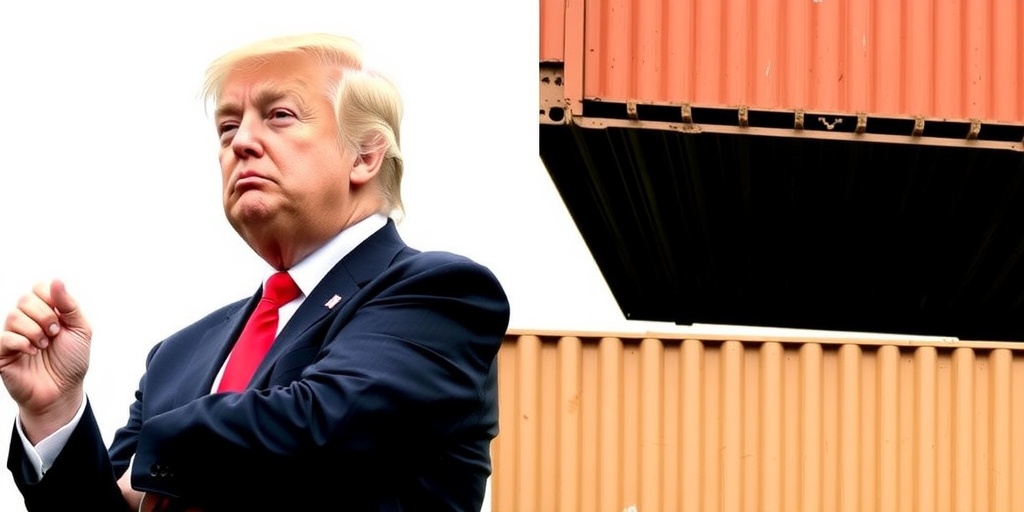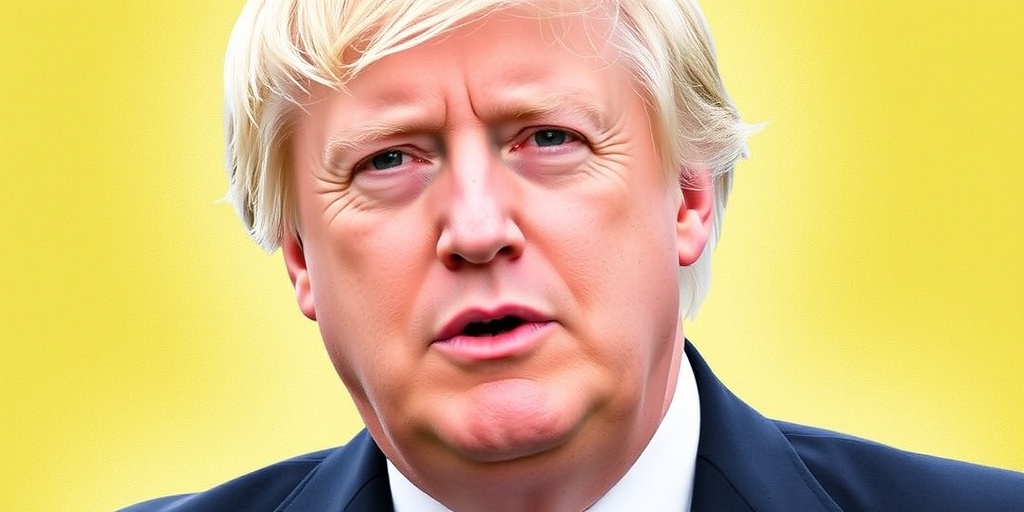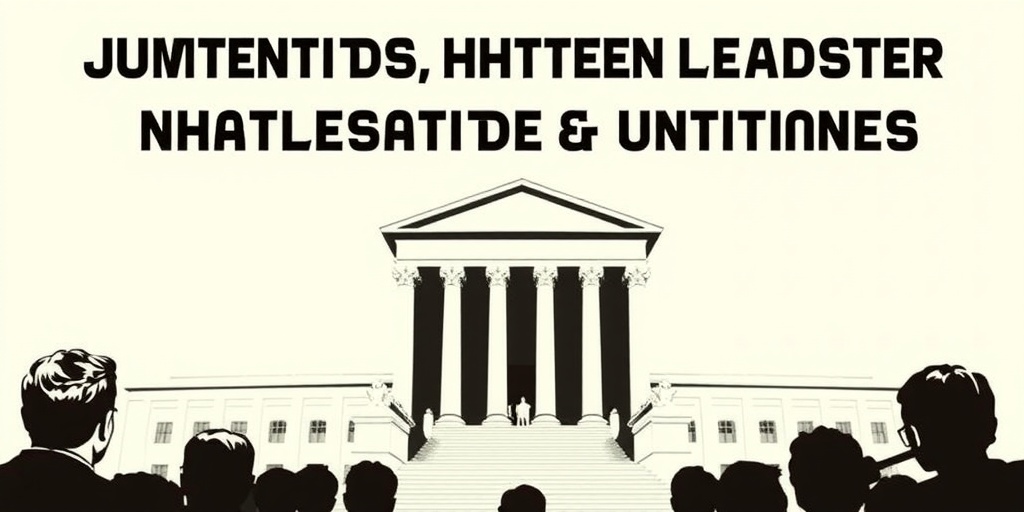Now Reading: Trump: Ukraine Should Seek Security Guarantees from Europe
-
01
Trump: Ukraine Should Seek Security Guarantees from Europe
Trump: Ukraine Should Seek Security Guarantees from Europe
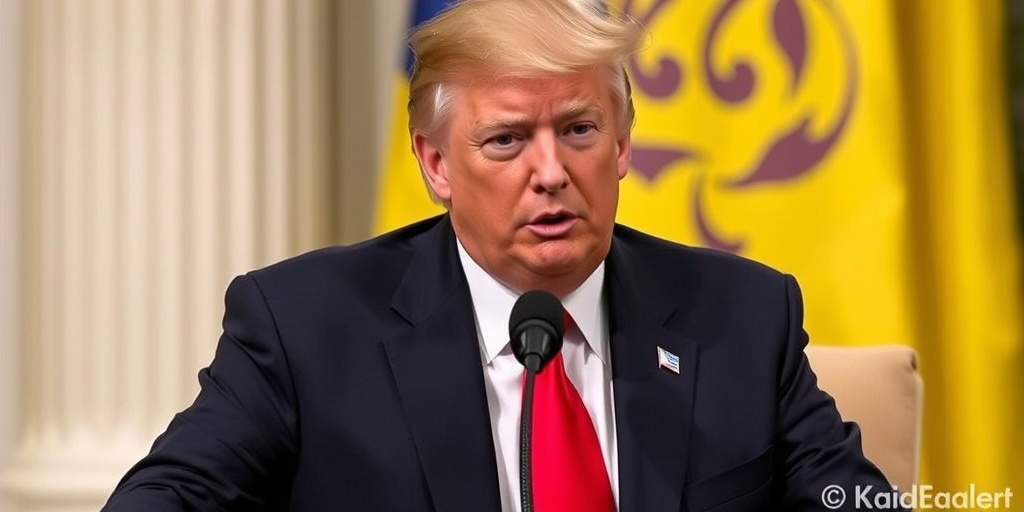
U.S.-Ukraine Relations Strained as Trump Rejects Security Guarantees
In a tense cabinet meeting on Wednesday, President Donald Trump made a significant declaration regarding the ongoing conflict between Ukraine and Russia. He informed his cabinet that Ukrainian President Volodymyr Zelensky was anticipated to visit Washington for the signing of an agreement that would facilitate the United States’ involvement in ensuring Ukraine’s access to its mineral resources. However, Trump firmly stated that the U.S. would not offer any security guarantees in return, a central demand that Zelensky had hoped to secure.
Zelensky’s urgent request has been to obtain reliable security assurances from Washington—vital support in the face of the persistent threat posed by Russia. The Ukrainian leader fears a scenario where a cease-fire allows Russia to regroup and fortify its military capabilities, potentially resurrecting its ambitions to seize control of Ukraine. Yet, Trump has been adamant that any security agreements will have to be shouldered by European nations, leaving Ukraine largely to fend for itself.
“I’m not going to provide security guarantees beyond very much,” Trump stated ominously during the cabinet meeting, which also covered topics like government workforce reductions and technological initiatives led by Elon Musk. “We’re going to have Europe do that.” This statement underscores a growing sentiment that the United States may be stepping back from an active role in the defense of Ukraine, potentially emboldening Russian President Vladimir Putin. The implication is stark: if Putin believes that the U.S. will not intervene in future conflicts, he may be less deterred from advancing his military objectives.
This declaration has not only sent ripples through Ukrainian leadership but has also rattled the confidence of U.S. allies in NATO. European leaders are now grappling with the prospect of maintaining support for Ukraine while feeling abandoned by the U.S. As incoming German Chancellor Friedrich Merz noted, there is a growing realization that Germany and other European nations must seek greater “independence from the U.S.A.” in their foreign policy.
In the context of this complicated diplomatic landscape, Trump’s Treasury Secretary, Scott Bessent, has put forth the notion that the true security guarantee for Ukraine lies in the financial stakes the U.S. has in Ukraine’s mineral resources, including key materials such as titanium, lithium, uranium, and rare earth elements. Bessent has characterized this arrangement as an "economic security guarantee," suggesting that control over these resources could act as a deterrent against Russian aggression.
While negotiating with Zelensky and his aides, Bessent underscored that the U.S.’s financial interests are a matter of paramount importance. However, Trump has significantly exaggerated the U.S. expenditures in Ukraine, claiming that the investment has reached a staggering $350 billion. Most credible estimates would suggest that the actual figure is approximately half that amount, raising questions about the legitimacy of his claims and their implications for negotiations with Kyiv.
The concept of monetizing Ukraine’s natural resources was initially proposed by Ukrainian officials during the Biden administration, with an emphasis on using generated revenue for military spending and reconstruction efforts. Under Trump’s administration, this idea has evolved in a manner reminiscent of colonial dynamics, where terms of trade seem heavily skewed in favor of the U.S. Just recently, Bessent attempted to secure a deal obligating Ukraine to pay a staggering $500 billion to the United States, an agreement that Zelensky flatly rejected, further escalating tensions between the two nations.
In an effort to maintain a semblance of bilateral relations, Zelensky appears to be adjusting his tactics. Reports indicate he aims to sign an agreement in Washington that will at least reflect some form of cooperation regarding mineral resources, albeit in the form of a memorandum of understanding, leaving many details unresolved. The draft document reportedly includes vague language about U.S. support for Ukraine’s quest for security guarantees necessary for long-lasting peace, but Trump’s remarks indicated that any such guarantees would ultimately lie with European nations.
The potential for a European-led peacekeeping force remains in question. If such a force is to be assembled, it could require a force of 100,000 troops or more. However, current dynamics within NATO make this figure unrealistic without reallocating troops from other critical missions. Alternatively, smaller observer or tripwire forces might serve to monitor cease-fire violations but would only function effectively if the broader coalition, including the United States, is prepared to respond decisively to any Russian aggression.
Ukrainians are acutely aware of the weaknesses associated with security agreements. The “Budapest Memorandum” of December 1994—signed by Ukraine, the U.S., Britain, and Russia—demanded respect for Ukraine’s sovereignty in exchange for the relinquishment of its nuclear arsenal, yet this agreement proved futile when Russia annexed Crimea in 2014. The current uncertainty reflects deep-seated fears among Ukrainians, highlighting their concern that history may repeat itself if the current U.S. administration persists in its isolationist stance.
As discussions continue, the question looms large: How will Ukraine secure its sovereignty and territorial integrity in an increasingly bifurcated international landscape, especially without trustworthy commitments from its major allies? The coming days will prove critical as both nations navigate the complexities of their relationship amidst the pressing realities of war and geopolitical strategy.
Stay Informed With the Latest & Most Important News
Previous Post
Next Post
-
 01New technology breakthrough has everyone talking right now
01New technology breakthrough has everyone talking right now -
 02Unbelievable life hack everyone needs to try today
02Unbelievable life hack everyone needs to try today -
 03Fascinating discovery found buried deep beneath the ocean
03Fascinating discovery found buried deep beneath the ocean -
 04Man invents genius device that solves everyday problems
04Man invents genius device that solves everyday problems -
 05Shocking discovery that changes what we know forever
05Shocking discovery that changes what we know forever -
 06Internet goes wild over celebrity’s unexpected fashion choice
06Internet goes wild over celebrity’s unexpected fashion choice -
 07Rare animal sighting stuns scientists and wildlife lovers
07Rare animal sighting stuns scientists and wildlife lovers













